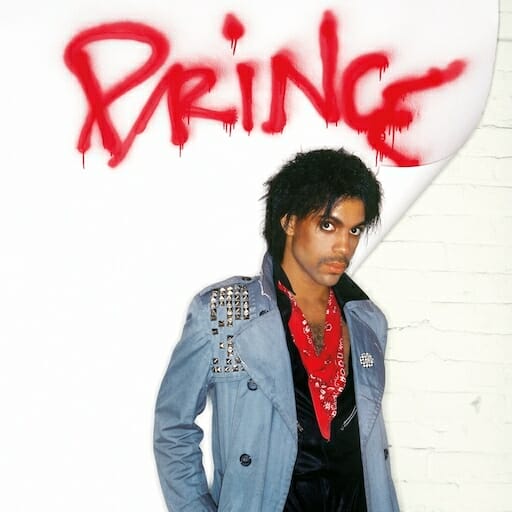Prince: Originals

Imagine giving away “Nothing Compares 2 U.” No really, think about it—what if your brain was such an astonishing repository of brilliant songs that you decided you could let that one go, just hand it to a less-established artist like some wild gesture of creative charity?
For Prince, this was reality. He wrote the song, a great shimmering ballad of longing, in 1984, then gifted it to The Family’s debut album (which was largely an outlet for songs written by Prince), where it sat in obscurity for half a decade. When Sinéad O’Connor covered the song, it became a No. 1 hit, which begs the question: How many would-be No. 1 hits did Prince have hiding in plain sight? And what would it have sounded like if Prince had kept that song for himself?
Originals, the new compilation from the Prince Estate (I emphasize “Estate,” because the late artist was not involved in this release and may or may not have hypothetically approved its existence), is a glimpse into an alternate universe where Prince did keep gems like “Nothing Compares 2 U” or “Manic Monday”—the breezy hit he wrote for The Bangles—for himself. Here we get 15 of Prince’s own versions of songs he wrote for other artists. Every fan knows that Prince left behind a bank vault containing thousands of hours of unheard music. Turns out some of that music has been heard, except performed by artists who are not Prince.
-

-

-

-

-

-

-

-

-

-

-

-

-

-

-

-

-

-

-

-

-

-

-

-

-

-

-

-

-

-

-

-

-

-

-

-

-

-

-

-








































